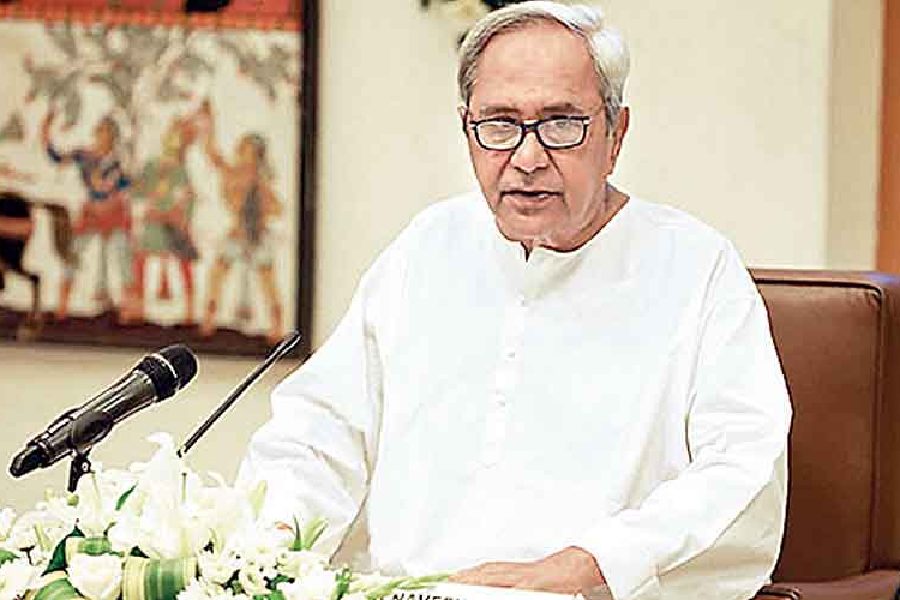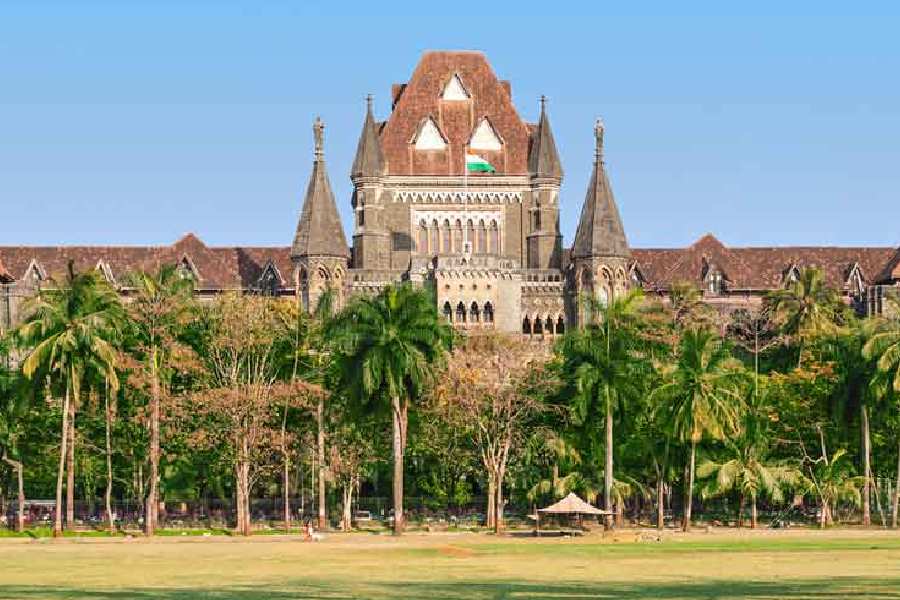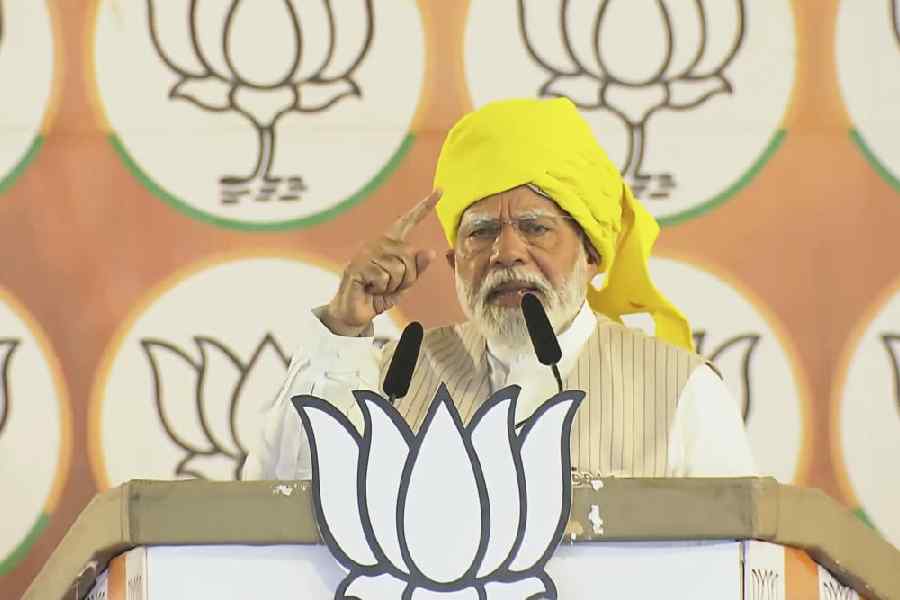A primary school teacher in Odisha’s Cuttack city has got an unusual assignment.
The state has directed him and several hundred other teachers in Odisha to distribute government assistance of Rs 1,000 in cash among cardholders under the National Food Security Act (NFSA).
Academics have cited several such instances of misuse of educational institutions by state and central governments for populist measures. Ashok Agrawal, a member of Delhi University’s Court and an advocate fighting cases of violation of the Right To Education (RTE) Act, said neither the Centre nor the states were bothered about the education of children in government schools since they belonged to the poorest sections.
Take for example the Odisha government drive of providing cash assistance of Rs 1,000 over and above the NFSA quota of 5kg food grain for every beneficiary every month.
The law provides for rice to be made available to consumers at a subsidised rate of Rs 3 per kg, wheat at Rs 2 per kg and other grains at Rs 1 per kg. However, the central government in 2023 decided to also bear the amount paid by the consumers, taking over the entire responsibility of the scheme.
Several state governments, including Odisha, had been bearing the amount that was to be paid by the consumers and the ruling parties in the states had been taking credit for the entire scheme. Now that the central government’s action has denied the scope for such propaganda, the Odisha government has decided to give an additional assistance of Rs 1,000 to each beneficiary ahead of the Lok Sabha elections. It has engaged school teachers in most places to distribute cash among beneficiaries.
The teacher in Cuttack told The Telegraph that he has been provided cash by the local municipal corporation for distribution among ration cardholders at the fair-price shops where the beneficiaries come to collect food grain. The dealers give the food grain to the cardholders after authenticating their identities by matching fingerprints or
iris impressions.
The teachers’ job is to distribute the cash after the authentication process. The teachers also have to collect the beneficiaries’ signature on a register, mentioning they have received the amount.
“Today I visited the shop with Rs 3 lakh cash in hand. The server was down. I could distribute the money among only a hundred beneficiaries. There are over a
thousand beneficiaries who will be given the dole,” the teacher said.
He started his new assignment on Monday by distributing cash among 45 people. It will take about 15 days to finish the job, eating into the time the teachers would have otherwise dedicated to help students revise for the annual examinations.
“The exams are expected in the second week of March. This is a crucial time for us because we have to revise all the chapters we have taught. But the government has given this work to us,” he said.
A teacher leader said teachers were being increasingly engaged in non-academic activities like cash distribution and organising events to celebrate Nua O Nabin Odisha, a new initiative of the state government to promote and celebrate the state’s culture.
“Teachers are not trained in handling cash. They are being handed amounts of Rs 5 lakh or Rs 10 lakh. This is risky and also a huge misuse of teaching resources. One of the reasons for the government schools not being able to compete with private schools is this misuse of teachers,” the leader said.
Critics have described Nua O Nabin Odisha as a political programme to create propaganda about chief minister Naveen Patnaik.
Agrawal, the DU academic, said the central government directed all schools and colleges to remain shut till 2.30pm on January 22, the day the Ram temple was inaugurated in Ayodhya.
“The schools and colleges were closed for the whole day on January 22 since
nobody came after 2.30pm. That decision by the central government was a populist action. In a similar way, the states are misusing their schools for populism,”
Agrawal said.
He said the Odisha government’s move was violative of the RTE Act, which allows the engagement of teachers only in election duty, census work and relief measures.
This newspaper sent an email to Odisha school education secretary Aswathy S. to understand the state government’s perspectives on giving non-academic activities to teachers. A response is awaited.










